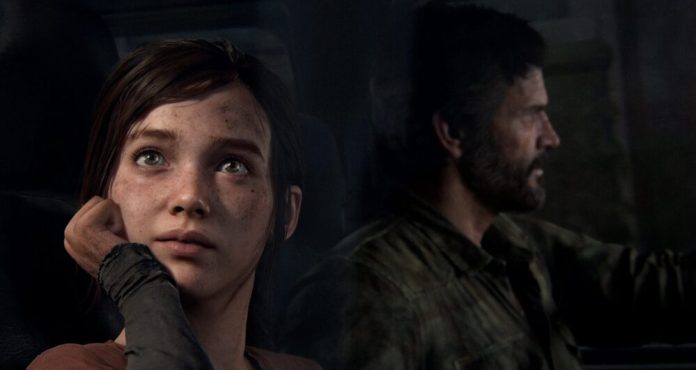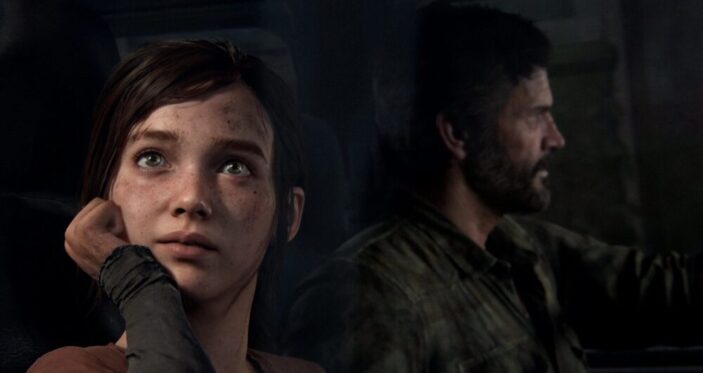
You might not realise that Australians have a unique emotional connection to The Last of Us that goes beyond its global acclaim. When you experience Joel and Ellie’s journey through a devastated world, you’re confronting themes that mirror Australia’s collective trauma from bushfires, floods, and isolation.
The game’s raw exploration of grief and survival decisions resonates deeply with your lived experiences down under, creating a distinctly Australian lens through which the apocalyptic narrative hits closer to home.
The Profound Storytelling That Captured Our Hearts
When The Last of Us arrived on Australian shores, it didn’t just deliver another post-apocalyptic adventure—it redefined what video games could accomplish as a storytelling medium.
Whether experienced through console gaming or as one of the standout Mac games that brought the cinematic narrative to desktop players, you’re not merely playing through a story; you’re experiencing a profound journey of loss, survival, and redemption that resonates deeply with our collective Australian spirit. The game’s symbolic imagery, abandoned cities reclaimed by nature, and broken families trying to heal, creates cultural parallels to our own experiences with natural disasters and resilience.
What sets this story apart for players is how it refuses to offer easy answers. Like our own national identity, it’s complex and nuanced, asking you to confront difficult truths about what it means to survive. The opening 10 minutes of the game deliver some of the most emotional video game moments in history, setting the tone for the entire experience. The emotional weight of Joel and Ellie’s journey stays with you long after you’ve set down the controller or stepped away from your Mac, creating a lasting impact that transcends the gaming medium itself.
Joel and Ellie: Characters That Feel Like Family
When you experience Joel’s journey from broken survivor to protective father figure, you’re witnessing one of gaming’s most authentic portrayals of fatherhood rediscovered. His transformation happens painfully through the trauma of losing Sarah and reluctantly opening his heart to Ellie, creating an emotional resonance that feels uniquely personal.
The 20-year gap following Sarah’s death shows how deeply loss can hollow a person until the right connection appears. You can’t help but recognise your capacity for growth through hardship as these characters evolve from strangers to family, their bond strengthened by each devastating challenge they face together.
Fatherhood Rediscovered
At the heart of The Last of Us lies a relationship that transcends its apocalyptic setting—Joel and Ellie’s evolution from reluctant travelling companions to something profoundly familial.
You witness Joel’s transformation from a man who coldly declares, “You’re not my daughter”, to someone whose fatherly instincts emerge through shared trauma. The moment he calls Ellie “baby girl”—the same term he used for Sarah—marks a pivotal emotional threshold that will leave you breathless.
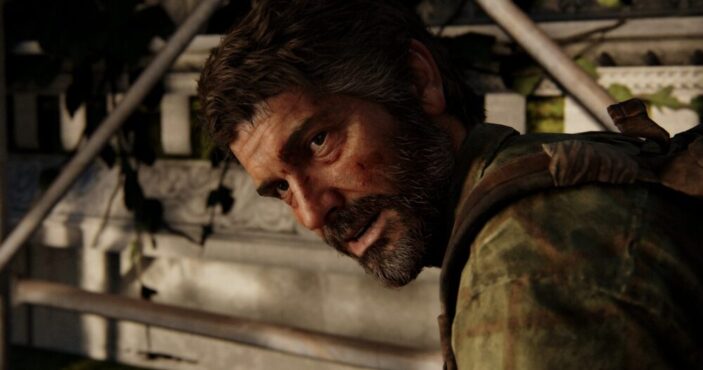
Their bond isn’t immediate but earned through harrowing experiences that forge a protective bond stronger than blood. In Joel’s willingness to sacrifice everything for Ellie, you recognise the essence of parenthood—choosing love despite unimaginable loss. It’s this journey of rediscovered fatherhood that resonates with you long after the credits roll. Their connection is further strengthened through music and guitars, which become powerful symbols of their evolving relationship throughout both games.
Growth Through Trauma
This bond between Joel and Ellie isn’t merely built on shared travel or circumstance—it’s forged through fire, blood, and tears. As you witness their journey, you’ll see how trauma resilience shapes them both, transforming initial reluctance into an unbreakable connection.
You’ll recognise your capacity for growth in their emotional evolution. Joel’s numbness gradually thaws as Ellie’s optimism faces harsh realities, creating a delicate balance between protection and vulnerability. Their moral compass evolves dramatically through the narrative, particularly as Ellie transforms from an optimistic teenager to a hardened survivor. Their partnership deepens during moments of crisis—Joel’s injury, and Ellie’s encounters with danger—where mutual dependence reveals their true strength.
What resonates most is how their relationship mirrors our own need for connection despite life’s hardships. Their chosen family emerges not despite trauma, but because of it, reminding you that sometimes our deepest bonds form when we’re most broken.
How The Last of Us Helps Players Process Grief
Grief permeates the apocalyptic world of The Last of Us, transforming what could be merely a survival narrative into a profound emotional journey. You’ll recognize your grief dynamics reflected in characters who process trauma differently—Joel’s crippling survivor’s guilt contrasting with Ellie’s emotional numbness.
When you play, you’re not just witnessing character coping; you’re participating in their grief rituals, from burying fallen comrades to preserving memories of lost loved ones. The game creates a safe space for narrative reflection, allowing you to pause and absorb difficult emotions at your own pace.
This memory impact isn’t coincidental—it’s carefully crafted to mirror real grief processes. By engaging with these characters’ journeys through trauma processing, you’re given language and perspective for your losses. Joel’s inability to move forward is symbolised by his broken watch from the night Sarah died, a powerful visual reminder of time standing still in the face of overwhelming grief.
The Australian Gaming Community’s Emotional Connection
Australian players forge uniquely powerful emotional bonds with narrative games like The Last of Us, extending the game’s masterful grief processing into vibrant community connections. You’re part of a significant majority—six in ten young Australians who find solace in online play, where your emotional investment in characters like Joel and Ellie resonates across shared experiences.
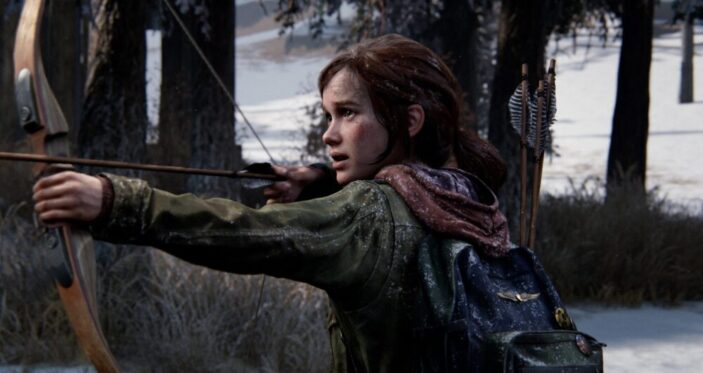
As two-thirds of Australian gamers report, these narrative worlds strengthen your social connections while providing psychological support during life’s challenges. The prevalence of dark game patterns affects how players engage with even the most emotional video games, with 95% of Australian adult gamers experiencing such manipulative practices in the past year.
Your emotional engagement isn’t isolated; it’s amplified through community forums, conventions, and gameplay discussions where diverse backgrounds converge. Despite concerns about manipulative design elements, The Last of Us stands as a beacon of authentic storytelling that brings you together with fellow players, creating lasting bonds through collective emotional journeys that transcend the screen.
Moral Dilemmas That Challenge Our Humanity
You’ll face gut-wrenching decisions in The Last of Us that force you to weigh the value of one life against many, challenging your moral compass at every turn. Each choice carries devastating ripple effects, whether you’re sacrificing strangers for loved ones or compromising your principles for survival in a world stripped of easy answers. Your loyalties will be constantly tested between protecting those you care about and serving the greater good, creating an emotional battlefield where no decision feels entirely right or wrong. The game’s final scenes present perhaps the most profound example as Joel chooses to save Ellie rather than allow surgeons to extract a potential cure through a fatal procedure that would sacrifice her life.
Hard Choices, Harder Consequences
When you play The Last of Us, you’re not just confronting hordes of infected – you’re staring into the abyss of your moral compass. Joel’s decision to save Ellie over humanity’s potential cure forces you to confront impossible ethical implications. His choice, driven by love rather than utilitarian decision-making processes, mirrors dilemmas we all fear facing.
- Would you sacrifice one innocent for the greater good?
- Can love justify actions that doom thousands?
- How does survival change our moral boundaries?
- What happens when duty clashes with personal attachment?
The genius of the game lies in denying you agency at these vital moments, making you wrestle with Joel’s choices long after you’ve set down the controller. We’re left questioning not just what we would do, but who we truly are when everything falls apart.
Conflicting Loyalties Everywhere
Throughout The Last of Us, moral dilemmas strike at the core of what it means to be human, forcing you to confront impossible choices between competing loyalties. As you journey alongside Joel and Ellie, you’ll witness how survival in this broken world regularly pits personal connections against the greater good.
The game’s brilliance lies in its moral ambiguity—there are no easy answers when protecting someone you love might doom humanity’s chance at recovery. You’ll find yourself questioning what you’d do when faced with the same ethical dilemmas: Would you sacrifice one person to save millions? Can survival justify actions that would be unconscionable in normal society?
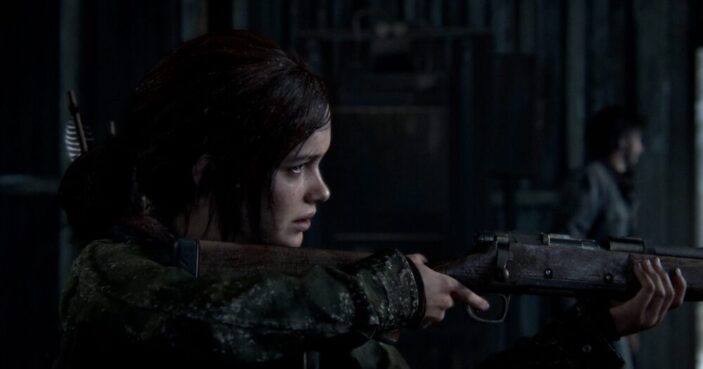
These questions resonate deeply with Aussie players because they tap into our collective understanding that our humanity is defined not by clear-cut choices, but by the impossible ones.
The Game’s Impact on Mental Health Conversations Down Under
The Last of Us has profoundly shifted mental health conversations in Australia, providing a cultural touchstone that resonates deeply with the country’s psychological landscape. In a nation where 20% experience mental health episodes, the game’s realistic portrayal of trauma and resilience creates safe spaces to discuss difficult emotions without facing mental health stigma.
- The game mirrors Australia’s increased demand for psychological support in recent years
- Characters’ coping mechanisms offer tangible examples for young Aussies developing their strategies
- Online communities form around shared emotional experiences, fostering community support
- The narrative validates anxiety and stress responses that 17% of Australians experience daily
You’ll find the game’s emotional impact particularly relevant in today’s Australia, where younger generations are actively dismantling barriers to mental health discussions.
Artistic Elements That Heighten Emotional Impact
Visual artistry in The Last of Us transcends traditional gaming aesthetics, creating an emotional landscape that you’ll feel as much as you see. The game’s environmental storytelling speaks volumes through abandoned homes and scattered mementos, each telling silent stories of loss that resonate with our fears.
You’ll find the game’s emotional impact particularly relevant in today’s Australia, where younger generations are actively dismantling barriers to mental health discussions. Among the most emotional video games that have influenced therapeutic conversations, The Last of Us stands out for creating genuine dialogue about trauma recovery and resilience.
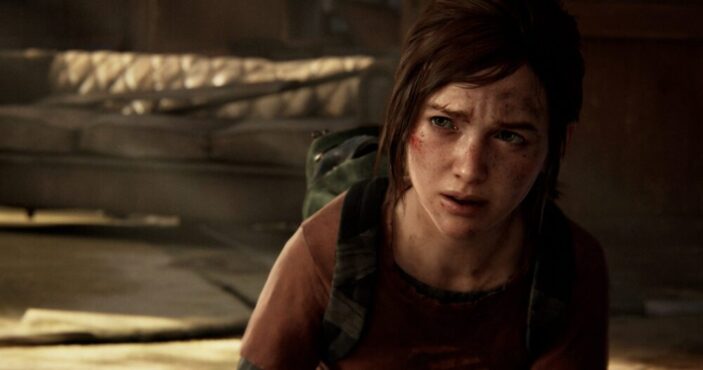
The game’s dynamic interactions with objects and characters create authentic connections that feel genuinely Australian in their straightforward emotional honesty, making this apocalyptic journey feel strangely like coming home.
Finding Hope in a Post-Apocalyptic World
When life crumbles around you in The Last of Us, hope emerges not as naive optimism but as stubborn defiance against overwhelming odds. You’ll witness characters forge unbreakable bonds amid chaos, where survival tactics aren’t just about staying alive but preserving humanity.
- The relationship between Joel and Ellie transcends their apocalyptic reality
- Nature’s restoration provides visual respite from human suffering
- Difficult choices reveal the moral complexities of finding meaning in disaster
- Moments of tenderness shine brighter against the backdrop of desolation
The game’s emotional power comes from placing you at these crossroads between despair and connection. As the player, you’ll recognise this resilience—this willingness to love despite loss. It’s a uniquely powerful experience that reminds you that even when civilisation falls, our capacity for attachment remains our most human quality.
How The Game Continues to Resonate Years Later
Since its release, The Last of Us has carved itself into the collective gaming consciousness, refusing to fade like so many blockbuster titles before it.
You’ve likely witnessed how its narrative depth continues to spark discussions years later, with Joel and Ellie’s journey resonating in ways few games achieve. The emotional immersion created through authentic character development and realistic portrayal of trauma connects with your own experiences of loss and hope. As technology advances, remasters have introduced the story to new generations of Aussie players, keeping its themes relevant.
The game’s exploration of mental health has fostered a community where you can process difficult emotions in a shared experience. This cultural touchstone doesn’t just entertain—it validates your emotional responses to gaming as legitimate and meaningful.
